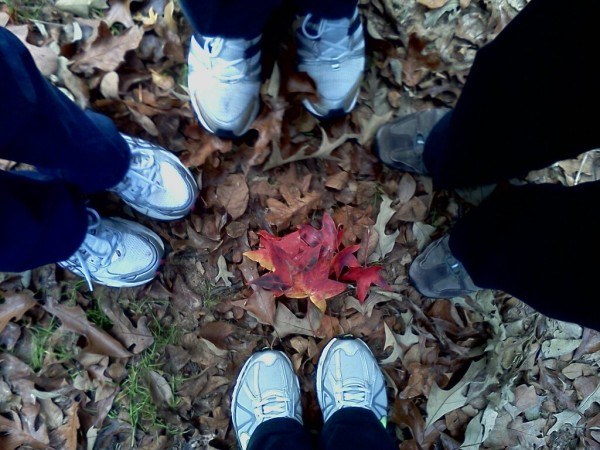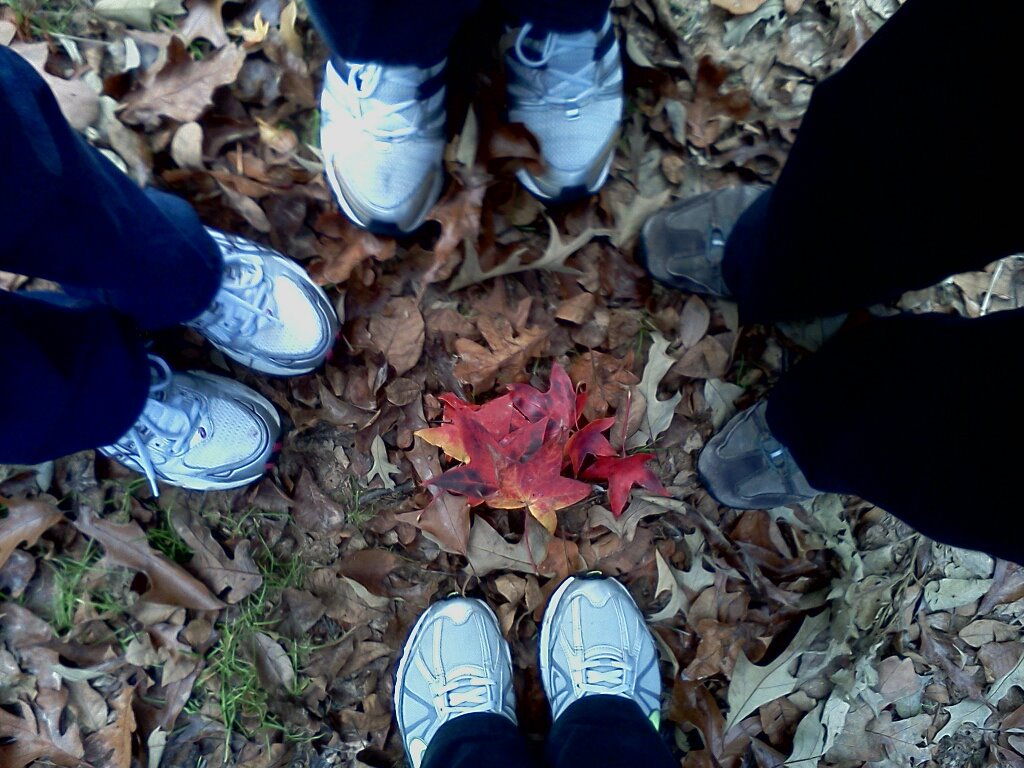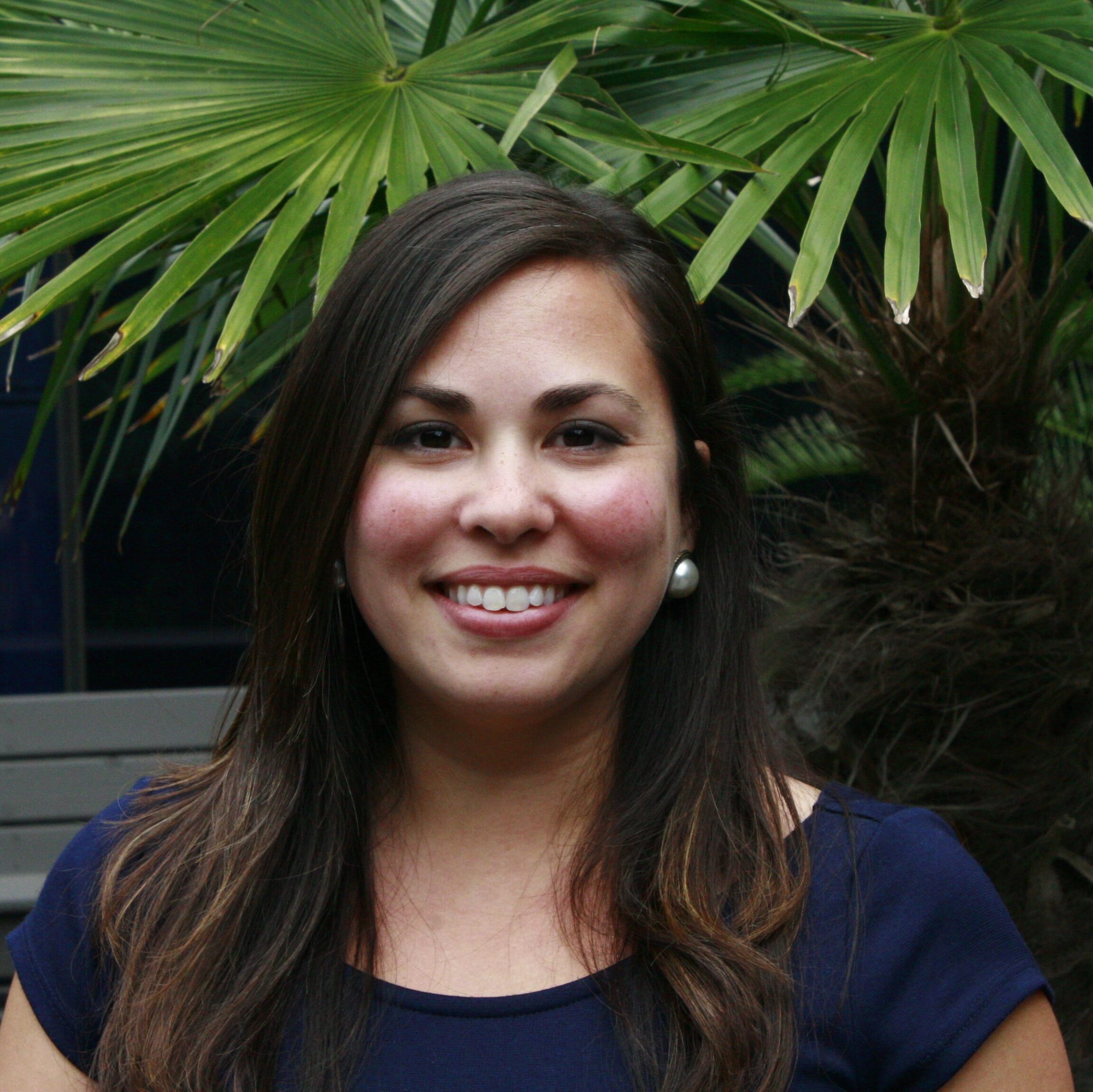How to Declutter Our Relationships
It seems we are living in the age of excess. Some call it the Information Age due to the seemingly limitless volume of information we can both learn about others and present about ourselves. There is a need to learn more, know more, talk more, acquire more, be more. Recent years seem to be characterized by a constant forward motion, fast-paced and infused with ambition and acquisition. And while we can be grateful for such a burgeoning age of life, our relationships can often get clogged with deprioritized issues that creep in and build silently. Patterns begin to develop in our relationships that leave us confused, and a little hurt. The good news is that there are some simple ways to tidy up those relationships, leaving more room for laughter, enjoyment and pure connection. Though these steps seem simple, they ask for something that is sometimes demanding: change. So if, on your journey to decluttering your relationships, you find that you need to reach for some outside help: keep in mind that Fuller Life Family Therapists are at the ready to be your loving guides!
Know yourself
One of the fastest ways to put your therapist out of business is to know yourself, through and through, because that’s half the battle. We are often mysteries unto ourselves, and the act of spending insightful time with ourselves is invaluable. As we build self-understanding, we’re able to claim greater freedom and clarity in our relationships. So start a journal, practice greater self-awareness in your interactions, and make time for self-reflection. In doing so, we can begin to see our strengths, weaknesses, quirks, needs and desires all the more clearly. Knowing ourselves is similar to looking at the room we have decided to tidy: We can’t bring order to the clutter until we first see the room for what it is.
Practice compassion.
When tackling clutter and mess, we can quickly grow hard on ourselves and others. The same can hold true when we begin tackling our relationships. One of the most powerful tools we can have at our disposal when doing this is compassion, both for ourselves and our relationships. Pema Chödrön writes about compassion, saying: “Compassion practice is daring. It involves learning to relax and allow ourselves to move gently toward what scares us. The trick to doing this is to stay with emotional distress without tightening into aversion, to let fear soften us rather than harden us into resistance” (Chödrön, 2002). So as you uncover those messier areas of your relationships, remember to show compassion towards yourself and those you love. What we can hold onto is that we are worthy of love and connection, no matter what shade or color we find ourselves living in for the day.
Don’t forget to dream-build!
In any legitimate decluttering task, we have to have a plan for what we desire our space to be like. In the same way, we can get in touch with how we wish our relationships to look. An obvious caution to this tip is to stay grounded and connected to reality, so as to keep our vision within reasonable reach. However, we can enjoy the process of journeying into our very unique vision for ourselves and our relationships. One way to start is to begin making a list of what values you’d like to embody, and experience in your relationships. For example, “Connection, patience, laughter, peace, intimacy.” When you’re ready, return to your lists to build your vision into statements, such as “I want us to be more authentic in what we can share with one another,” or “I want to feel more peace throughout my day, no matter what comes my way”. If there are any tricky problem-areas you want to focus on, reach for resources that can help along the way. For instance, learning to manage anger, anxiety or depression. However you proceed, have fun designing your inner rooms and common areas!
Cultivate a belief in change.
Any sizeable mess can cause us to begin to feel as though it will never be fixable. There is great importance in nurturing your ability to believe in change. A great place to start is to have an awareness of the patterns of your relationships, or perhaps of your own patterns in multiple relationships. As you begin to catch yourself in a familiar pattern, make a small change. You can pause your argument to tell a joke, or start a gratitude list when you’re feeling negativity close in on you. If you notice your words often don’t match what you mean, practice speaking more constructively. If you’re struggling to find your voice, show courage in your relationships through apology, assertion of self and speaking about the things that aren’t typically talked about. As you entertain a spirit of hopefulness for change, you will find yourself able to take incremental steps towards your goals.
Learn to hear your emotions.
American folk singer Jack Johnson sings, “You don’t always have to hold your head higher than your heart.” One of the most wonderful tools we have to use is our emotions. In the same way our stomach pains can tell us we’re hungry, our feelings can alert us when we’re in need of a change. Our anger can serve as a reminder that we’re not happy with how things are going. Guilt can let us know when we’re capable of more love and compassion. And pain can let us know our needs more clearly. So pay attention to your feelings, and grow your insight. If you’re brand new at this, perhaps you can start by taking an extra beat to notice and name your feelings the next time something comes up.
As we apply these guidelines, we can bring our relationships into ones of trust, patience, love and temperance. One last thing: Don’t forget to leave room for imperfection! Imperfection may well be the sweetest part of life, because it’s where our uniqueness can shine through. So where it can be endearing, give yourself permission to enjoy a margin for a little clutter.
Chödrön, P. (2002). The places that scare you: A guide to fearlessness in difficult times. Boston, MA: Shambhala.
M.A., LMFT-Associate, LPC-Intern
Supervised by Dr. Amy Fuller, LMFT-S, LPC-S










